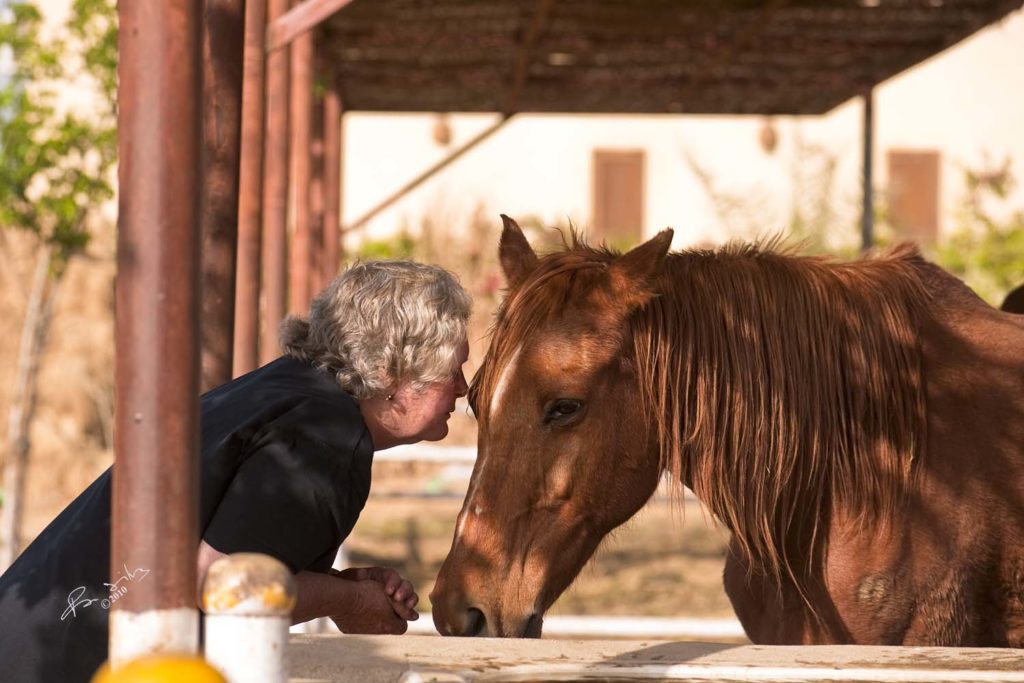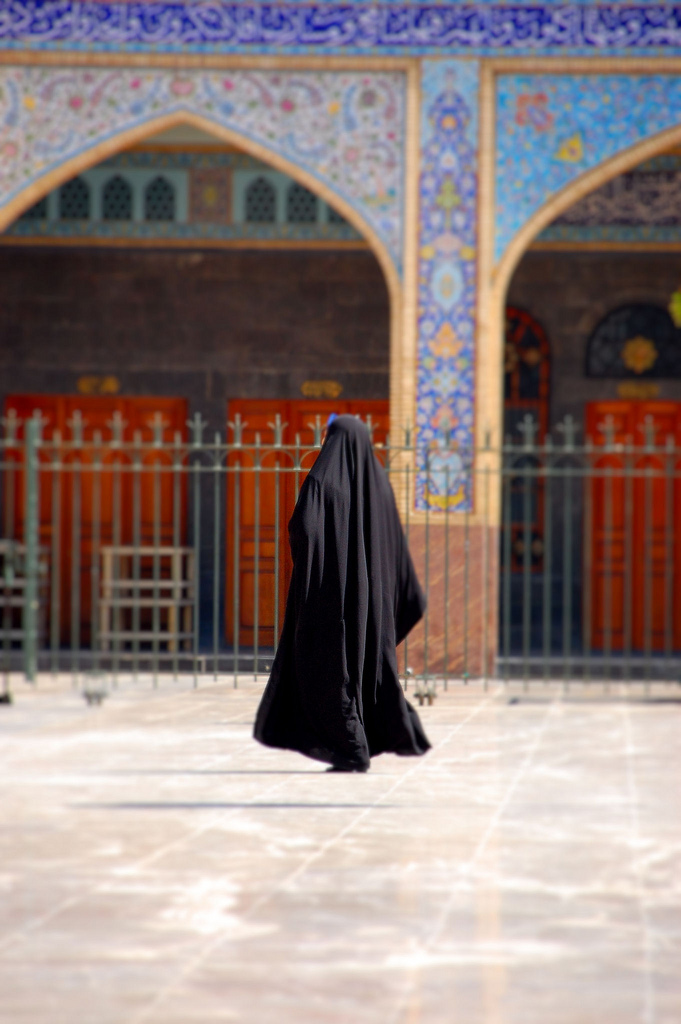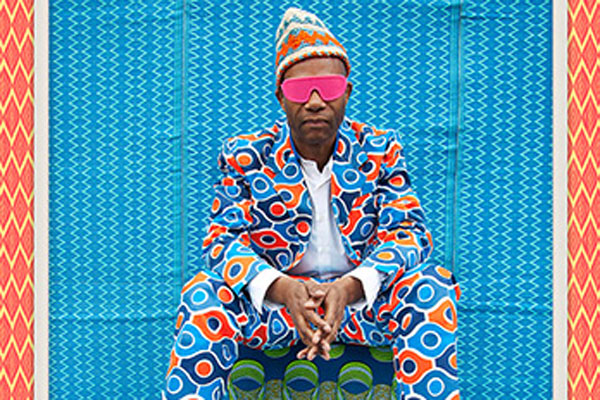Almost any horseman in the world harbours a fantasy of galloping across sand dunes in the shadows of the pyramids. It’s a no-brainer. Most of us watched Lawrence of Arabia and drooled, or daydreamed about mummy movies where the heroes make their escape across the desert on horseback. And then there are some of us who are lucky to be able to do this almost any time they want … like me. I’m living a horseman’s wet dream and have no wish at all to disturb it.
When I first visited Egypt from Canada in the late 70s with my Egyptian husband-to-be, I was struck by the astounding number of working horses in the streets of the cities and villages, some of them in dire Black Beauty straits, but many in wonderful condition. When we moved to Egypt with our children in the late 80s, my husband encouraged me to begin riding again, but learning to live in Egypt with two youngsters was challenge enough for me – until the day he arrived home with the news that a friend of ours whose wife had just died had given me a four-year-old Arab mare. I wasn’t sure if I was delighted or horrified but it started me on my life of crime.
Twenty-three years later, this mare and I are still partners although I lost my husband almost thirteen years ago and the children are currently working and studying in the US. Dory, my mare, and I now live on a small farm in the villages near the pyramids of Abu Sir, between Giza and Sakkara, where I have established an informal animal sanctuary/goat breeding enterprise/educational center/equestrian tourism center. We share the farm with 18 horses, three donkeys, a mule, a varying number of goats, a water buffalo, an aviary full of various types of poultry and birds, and a pack of 16 dogs varying in size from just over Chihuahua to just under Small Cow (a very large Great Dane).

Most of the animals here have been rescued from situations that would have involved unpleasant outcomes, but in order to keep both my health and sanity and theirs, we don’t take in lots of newcomers. Also, as we do a lot of educational work with schools, scouts, families and farmers, not every rescue is well-adapted to the demands of the work. They have to be patient and kind above all and willing to learn a sort of animal professionalism that dictates that they tolerate a lot of attention and loving. Oddly enough, this can be difficult for animals that have been abused.
Just like people who are given a chance to live a healthy, fulfilling life that demands the right amount from them and gives back enough reward, animals in a good environment can live surprisingly long lives. Our oldest terrier is 17 and showing few signs of ageing, while visitors are astonished that we have two horses over 30. A good quarter of our working horses are over 20. They thrive on a considerate working regime that engages their minds and bodies, and offer a wonderful example to our human visitors of how to age gracefully. We don’t just teach riding, grooming and such, but also life lessons.
When the protests began in Tahrir two years ago, my children, quite naturally, called to see if I wanted to “take a small holiday” with them in the US. I declined quite vehemently. First, I felt very safe living in a rural community where everyone knows me. The protests were quite localised in downtown cores and out here people had cows to milk and crops to tend. Second, I employ members of eight local families on the farm and I had to point out that I could hardly leave them without my support. Finally, as I told my son, I was as astonished at the events as everyone else in the world and I had no intention of missing this for all the tea in China.
I saw those 18 days through with two other women friends. We would sit and watch Al-Jazeera with the staff who only had access to the government channels on their TVs and were thus somewhat in the dark as to what was going on downtown. Lively political discussions ensued and I’ve been delighted to see the growing knowledge and interest in people who had been long left to feel utterly powerless.
Unfortunately the political awakening of Egypt wasn’t such a terrific thing for tourism. Every protest has been accompanied by media reports that intimated that all of Egypt was at risk of chaos or destruction, although that couldn’t be further from the truth. Our riding tour business has been slow for the past year or so although the people who came immediately after Hosni Mubarak stepped down were amazing guests who so enjoyed seeing the changes in our country. They also really enjoyed visiting the villages and farming communities that we ride through, and one experienced traveler told me that although the Egypt he’d visited on a bus tour a few years earlier seemed in no way ready for democracy, the Egypt that he saw riding with me was a totally different story. But that is the difference between the tourist as an object viewing a population that is an object – as so often happens when visitors are isolated in buses – and someone who is on horseback interacting with people as we are passing by.
For a Canadian who doesn’t want to shovel any more snow and who thrives on sunshine and good vegetables year round, Egypt is paradise, albeit paradise with plenty of problems, not the least of which is the traffic – it’s almost paralysing Cairo these days. But name a country that is without problems … I don’t think you can. And I can gallop by a pyramid any day I want.
Maryanne Gabbani is a 63-year-old Canadian mother of two. She started life in southern California, met her Egyptian husband in Canada and now calls a farm in Egypt her home.



